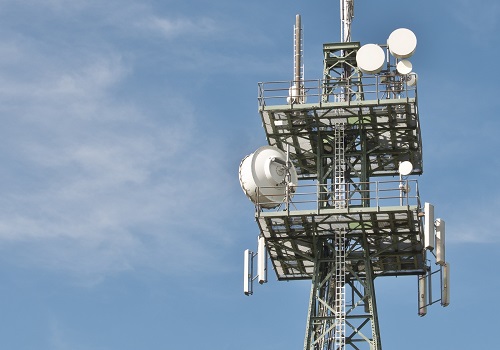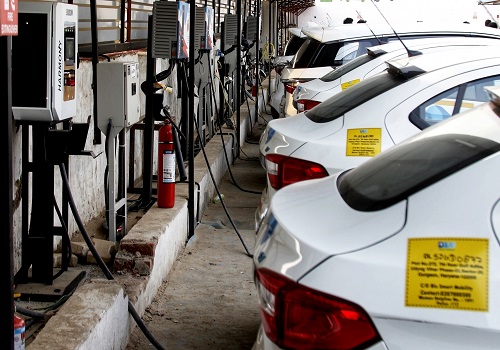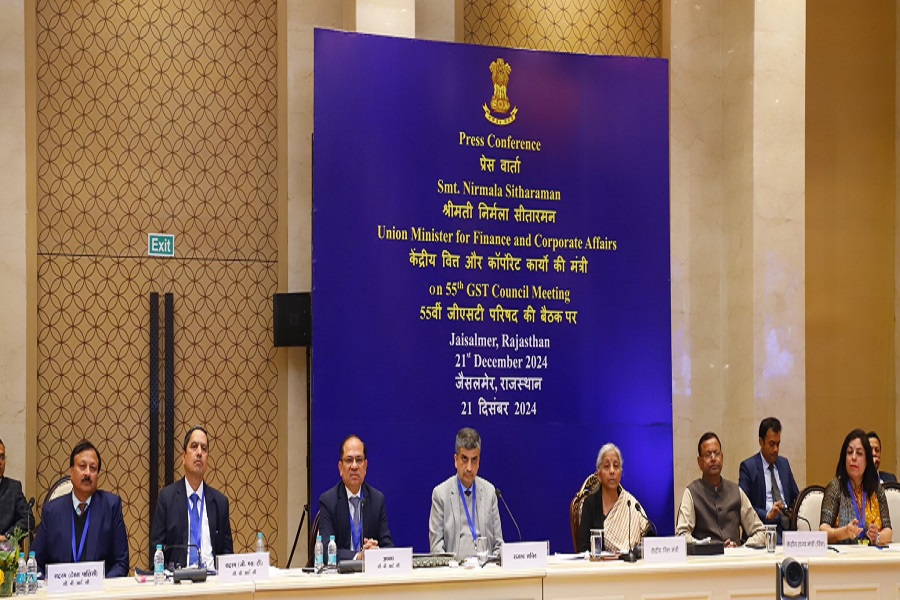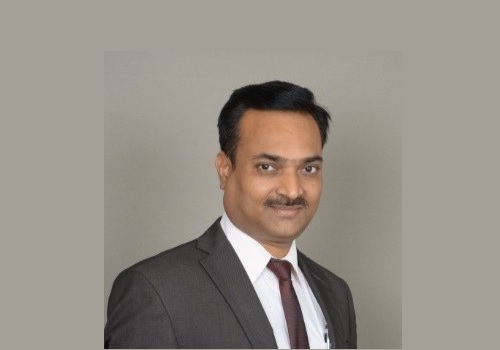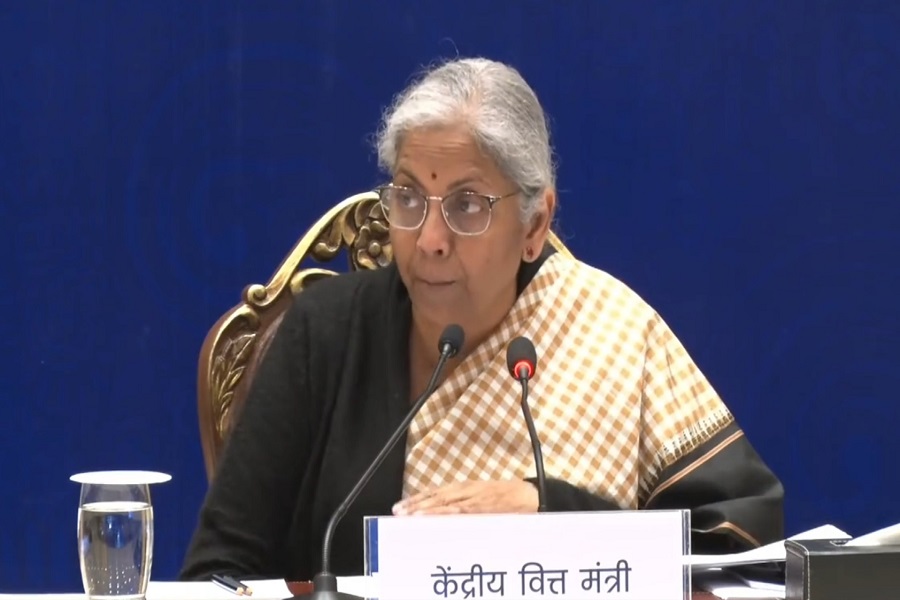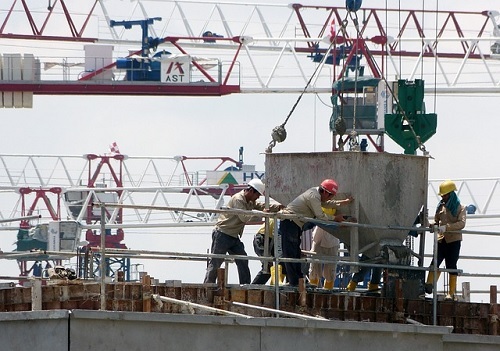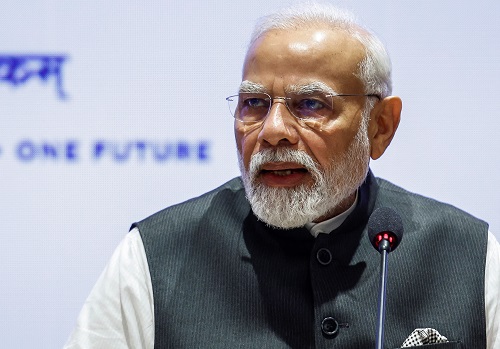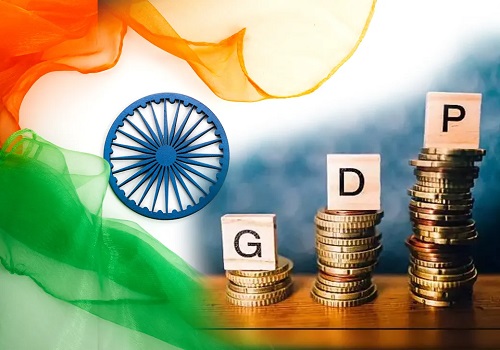17-10-2023 01:51 PM | Source: Accord Fintech
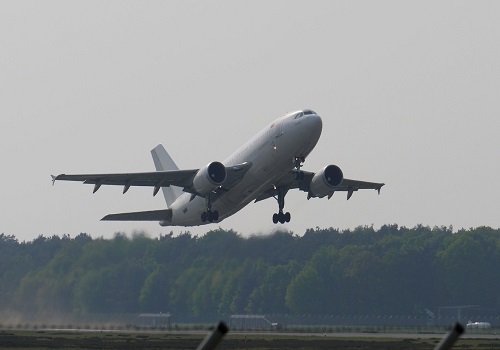
Ministry of Civil Aviation amends Aircraft Rules, 1937

Follow us Now on Telegram ! Get daily 10 - 12 important updates on Business, Finance and Investment. Join our Telegram Channel
In order to promote ease of doing business and ensuring safety and security within the aviation sector, the Ministry of Civil Aviation has made amendments to Aircraft Rules, 1937. The Amendment to the aircraft rules, 1937 is a result of substantial consultations with stakeholders in the industry, aimed at providing the necessary reform measures to strengthen the existing regulatory safety and security framework. These amendments align India’s aviation regulations with the International Civil Aviation Organization's (ICAO) Standards and Recommended Practices (SARPs) and international best practices. A portion of these reforms have been already notified vide Gazette Notification dated April 13, 2023 with Amendment to the Aircraft (Demolition of Obstructions caused by Building and Trees, etc.) Rules, 1994.
One of the key highlights of the Amendment to the Aircraft Rules, 1937 is the revision of Rule 39C. Under this amendment, the validity of licenses in relation to Airline Transport Pilot License (ATPL) and Commercial Pilot License (CPL) holders has been increased from five years to ten years. This change is expected to reduce administrative burden on pilots and aviation authorities like DGCA, promoting a more streamlined and efficient licensing process. Additionally, Rule 118 for validation of foreign licenses has been removed as being redundant. This change signifies aligning the regulations with the evolving needs of the aviation sector.
Besides, a clause to liberalise the recency and competency requirements while ensuring continued competence for Air Traffic Controller License holders has been added under Schedule III. This change offers increased flexibility to accommodate situations with limited movements or watch hours, Air Traffic Controller license holders must complete a minimum of ten hours of simulated exercises, including emergencies. Subsequently, they must undergo a skill assessment for their respective rating within ten consecutive days of commencing these exercises. These reforms will enhance the growth and sustainability of the aviation industry, ensuring it remains at the forefront of global aviation standards.
Latest News

Varun Dhawan: Bollywood needs new voices, artists fr...

Diabetes, inflammation can make your brain age faste...

Founders of 28 Indian new-age startups took home Rs ...

Heart muscle can regenerate after failure in some pe...
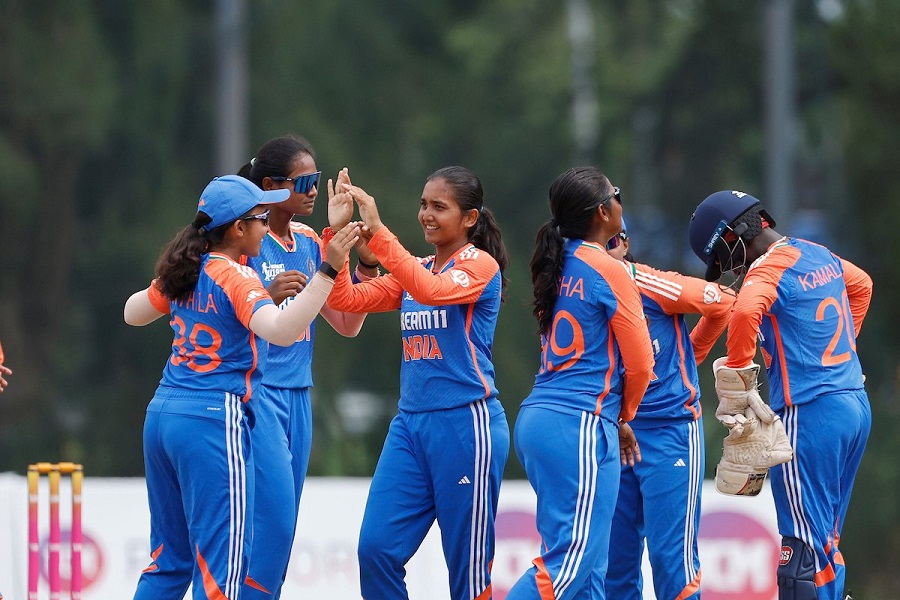
G Trisha, spinners star as India win inaugural U19 W...

Central PSUs record 47 per cent jump in net profit f...

Market Outlook: US bond yields, dollar index, FII da...

For PM Narendra Modi, green economy is another way t...

Monthly 5G traffic in South Korea likely to surpass ...

South Korea holds largest share of US battery materi...


 320-x-100_uti_gold.jpg" alt="Advertisement">
320-x-100_uti_gold.jpg" alt="Advertisement">

